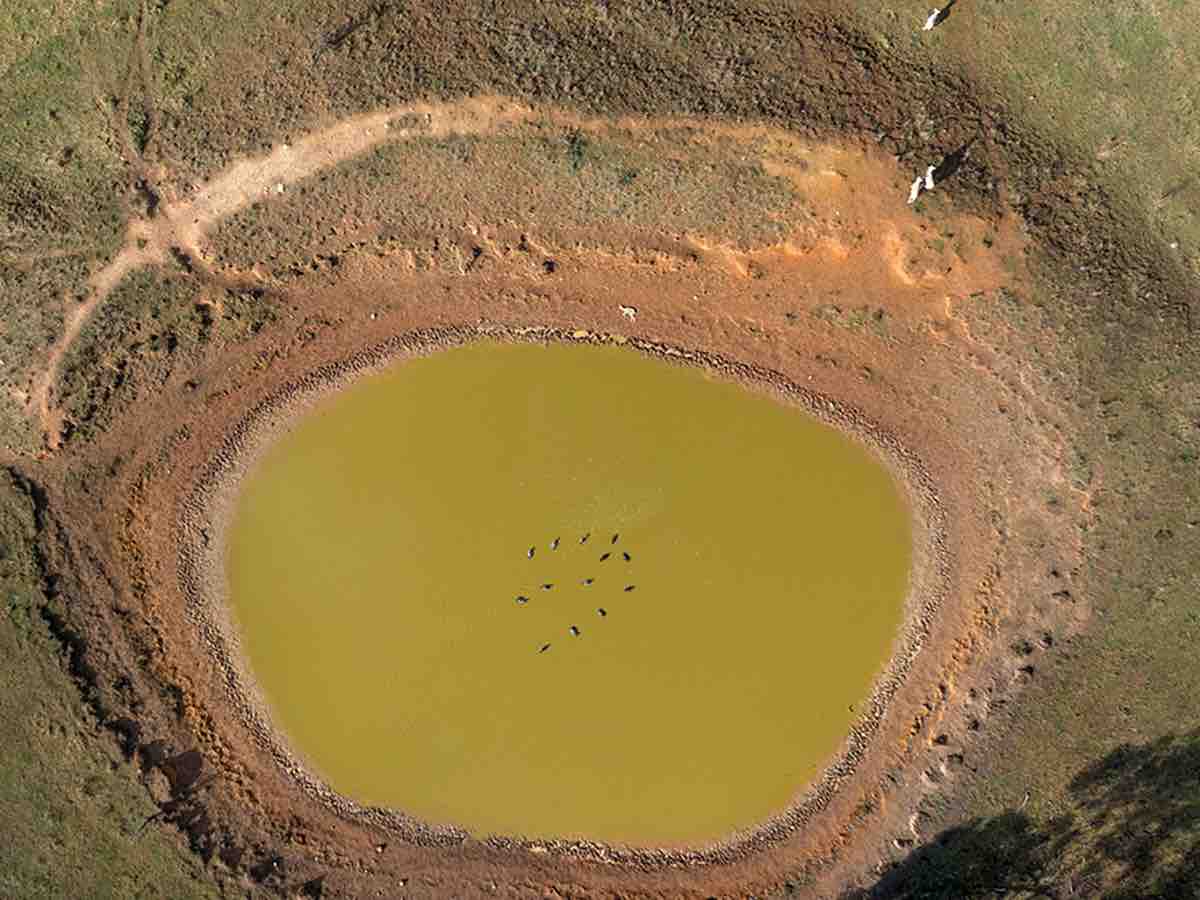I’ve been using the term ecological disruption for so long that I sometimes forget that the term might be vague or even familiar to people. On the way to explaining what I hope to convey in its use, first a breakdown of other terms that I believe fail to capture the planetary predicament that humanity finds itself in:
Why not environmental change?
Environmental change is definitely occurring, and with immense consequences for people. Over time, however, I have learned from experience that the word environment carries baggage that undermines the seriousness of the crises at hand. This is particularly true when engaging with the security community, whose decisionmakers and thoughtleaders are typically inclined to view anything environmental as outside their mission set. A general or admiral might be justifiably concerned about, say, biodiversity loss or climate change, but nonetheless view these issues as the purview of other agencies, such as the Environmental Protection Agency. This is partly due to the traditional framing of the environment as something external to people—captured in phraseology such as “humanity’s relationship with the environment”—rather than an understanding that humanity is part of the biosphere.
Another reason I avoid the word environment derives from the evolution of environmental security. Over time, the field has become increasingly dominated by abiotic stressors, such as water stress and especially climate change. These are, of course, very important pursuits, and I’ve spent a great deal of my own career focused on them. Still, whether we are looking at the ramifications of climate change propagated through the biosphere or at the harrowing consequences of biodiversity loss, ecosystem services, or loss of living resources, the word environment comes up short in the modern context. This is why ecological is a better descriptor — it invokes living systems from the outset but also encompasses abiotic concepts like air, water, and land that support ecosystems.
Why not ecological degradation?
This phrase gets us pretty far because ecological connotes that something is happening with the biosphere. And since humanity is part of the biosphere, that means this degradation affects people through the degradation of ecosystem services. (Admittedly, the humanity-is-part-of-the-biosphere piece is not entirely captured in this term and is pretty much an add-on concept. But we’re further along on that point than had we focused on environmental degradation.)
However, despite the well-documented biodiversity crisis—and its harrowing effects on people, nations, and security—not every entity of the living world is in decline. Some organisms are doing quite well, especially comparatively, as planetary conditions shift from increasing temperatures, nutrient overabundance, and reduced competition. Examples include many types of algae, jellyfish, fungi, and insects (although, in each case, there are also declines). Beyond organisms, anthropogenic stresses are augmenting many ecological processes, such as zoonotic spillover, antimicrobial resistance, and biological invasions.
Why disruption?
Mostly because change doesn’t capture the severity of the problem, while turmoil is too histrionic.
Why not Earth system disruption?
This is pretty good actually, and I’d use it if it wasn’t so clumsy and jargon-y. People already know what ecological means, so that doesn’t usually require further explanation. Earth system disruption has at least one advantage, however, in that it more clearly embodies changes to the geosphere and thus includes adverse effects arising from mining, fracking, and similar activities.
What is included in ecological disruption?
When I use the term, especially in the context of ecological security, I’m hoping to capture the stresses arising from biosphere destabilization (biodiversity loss, biotic homogenization, invasive species, irruption, etc), habitat change, overextraction of resources (overfishing, overfarming, overhunting, overpumping of groundwater, etc), and climate change. Ecological disruption also includes second-, third-, and higher-order consequences of these stresses, propagated through both biotic and abiotic pathways.
